PI
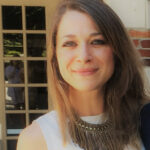
Post-doctoral researcher
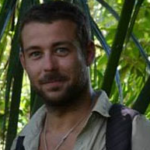
PhD students
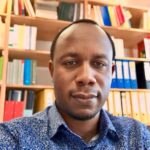
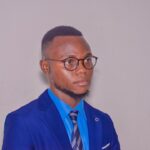
Lucien Pierre Nguerede (°1969) is a PhD student in (ethno)archaeology within the CongUbangi project and an assistant in archaeology at the Centre Universitaire de Recherche et de Documentation en Histoire et Archéologie Centrafricaines (CURDHACA) at the University of Bangui in the Central African Republic. His undergraduate and MA research focused on the archaeological and ethnohistorical approach to traditional iron metallurgy in a Banda community in south-eastern Central Africa. From 2002 to present, he has focused on the analysis of artefacts from open-air sites on the right bank of the Ubangi river, as part of his efforts to understand the chronocultural sequences that have developed and succeeded one another in the Bangui area and its periphery. Since 2020, he has actively collaborated with archaeologists from Southern Methodist University (Texas, USA) on a research project which analyzes the cultural interaction between forager and farmer (Boffi of the Gbaya ethnic group) communities in the south-west of the Central African Republic. For his dissertation, he aims at researching cultural diversity through material productions such as iron metallurgy and the ways in which the producers/users of this tradition have adapted to the Congo Basin.
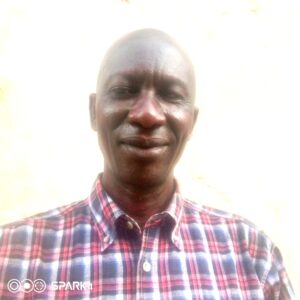
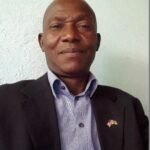
Associated researchers
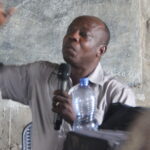
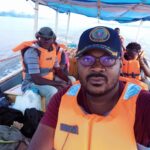
Research partners
- Human genetics: Dr. Carina Schlebusch from the Department of Organismal Biology, Subdepartment of Evolution and Development at Uppsala University (Sweden)
- Anthracology: Prof. Dr. Wannes Hubau from the UGent Wood-lab and the Wood Biology lab of the Royal Museum for Central Africa in Tervuren (Belgium)
- Archaeobotany: Dr. Alexa Höhn from the Institute of Archaeological Sciences at the Goethe University Frankfurt (Germany)